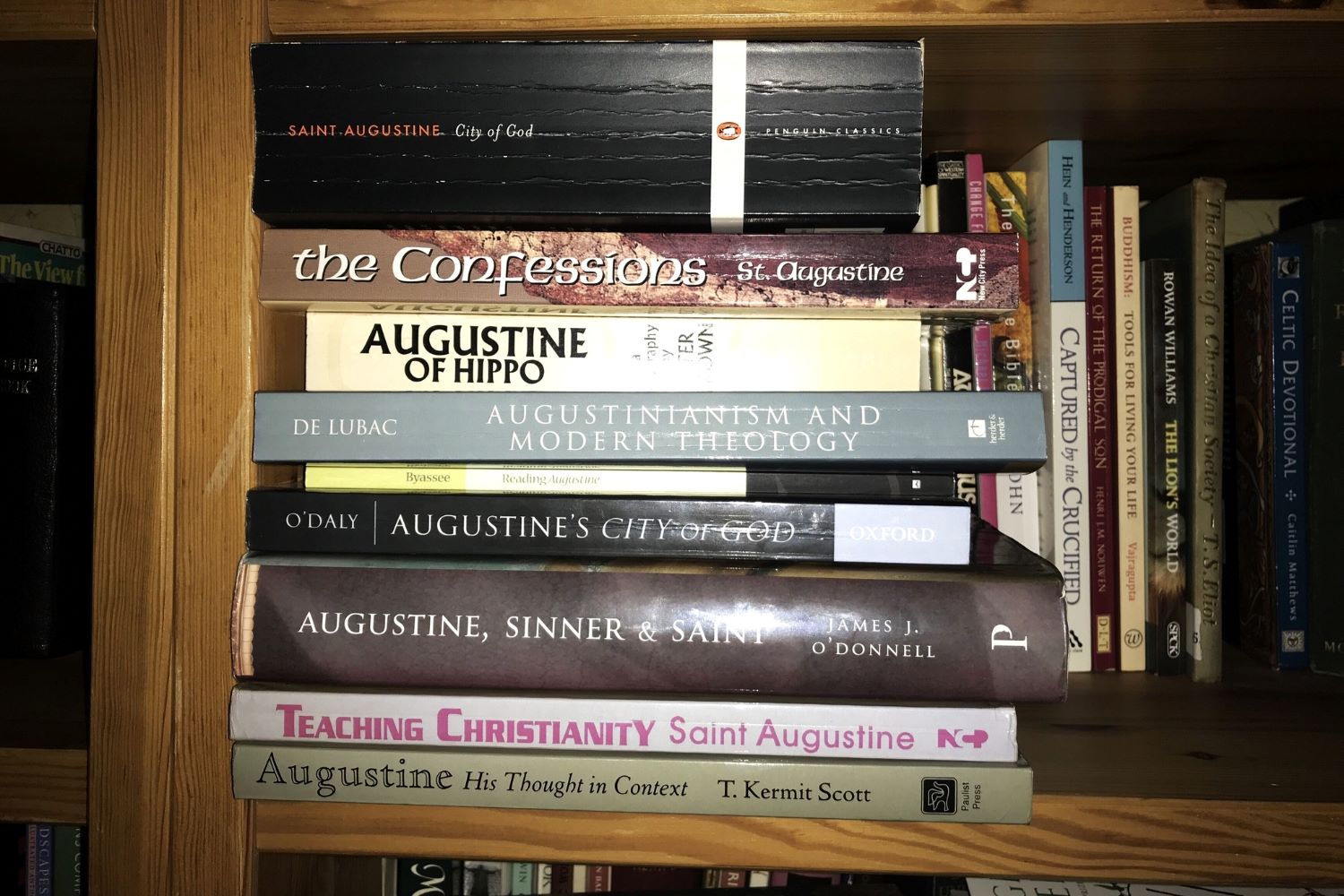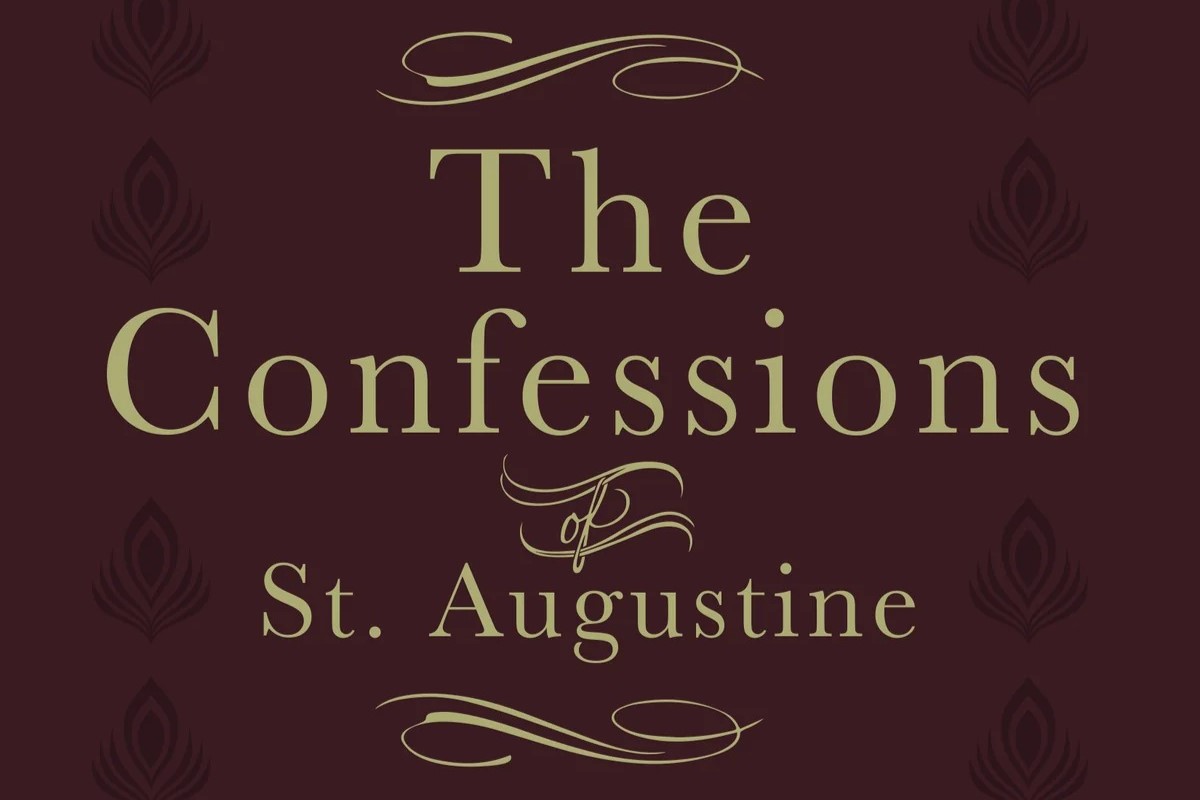Home>Christian Resources>The Use of Writing to Promote Religious Conversion


Christian Resources
The Use of Writing to Promote Religious Conversion
Modified: March 21, 2024
Ericka Andersen, an editor at Christian.net, expertly merges digital strategy with content creation, focusing on faith and societal issues. Her communication skills enhance the platform's engaging narratives, fostering meaningful dialogue on belief's impact on society.
Explore how writing has been pivotal in religious conversion efforts throughout history, fostering belief spread and cultural integration.
(Many of the links in this article redirect to a specific reviewed product. Your purchase of these products through affiliate links helps to generate commission for Christian.net, at no extra cost. Learn more)
Thinking about religion in the context of writing can be perplexing: how can one preach through a work of fiction? That being mentioned, we can?t deny that literature gives us messages that are coded in metaphorical language. While a sermon is mostly constructed around the power of an indisputable argument (you can?t deny the truth, after all), stories are not supposed to be rational and can provide information in a way that is meaningful and inspiring.
The desire to convert through words on paper can be a powerful tool for representatives of all major religious groups. Arguing with someone on whether or not Christianity is the proverbial light at the end of the tunnel is not only counterproductive but also sends you down the rabbit hole of trying to preach to non-believers. Relying on novels, stories, and articles that draw out vivid mental pictures will help you incorporate the method of showing and not telling into your writing and assist the masses in finding God via written speech.
So, what are the most effective writing methods one can implement to make sure your efforts to convert a specific audience are taken into consideration?
Preaching through the Main Character Arc
If you are in the middle of writing a novel about a person who has come to God as they overcome inner struggle and turmoil, you can dedicate a chunk of your writing to exploring the character?s journey. Don?t be afraid to use their motivations as a solid basis for your religious convictions.
Have they suddenly seen the light and repented after an especially troubling encounter? Did they decide to discard their cold-headed intellectual upbringing in favor of pure faith? If the characters of your story are relatable and appeal to the general audience, chances are, you can preach submission to God in a non-judgmental manner that doesn?t require your readers to sever ties with their previous lifestyle immediately and turn to a religious guru for wisdom.
Focusing on the Emotional Part of the Story
Your audience doesn?t know what you or your characters are going through at any given moment. Why should they be converted if they have been previously reluctant to do so? Make sure you are writing from the heart, as all the character motivations should be believable. If it is a narrative essay that focuses on a personal story as an example, be liberal with the descriptions.
You can start narrating their journey from the time they were abandoned or have gone through a massive breakdown in order to see faith as the only solid escape and build their lives based on trust in the higher power. You can add a Bible verse to show your readers how God is guiding them even through the darkest times, holding their hand and making sure they come out stronger than before.
Showcasing the Importance of Hope
If you want to create a religious parable that is seemingly innocent but contains a deeper meaning, showing the crucial difference between the depths of human despair and the giddy heights you can soar to when you invite God into your life seems like the best narrative decision.
If you lack consistent practice in describing the character?s religious aspirations, you can always use the tried and tested literary tropes to establish your story. One of the famous examples of the overnight conversion is the story relayed by Victor Hugo, where the former criminal decides to change his ways after being lavished with kindness by a local bishop. Here, we see a human soul seeking light and finally accepting it into their soul as God is showing them hope and the triumph of love.
Addressing Basic Human Needs
You may know how valuable religion is, as do those who promote it daily, but your preachings can end up hollow if they are not backed by a credible explanation. Saying that Christ as one of the leading religious figures should be worshiped without question will leave your audience wondering why they ended up reading your piece instead of doing something more productive.
To fully acknowledge the Gospel and other religious works that have impacted the global community, you can start with a fictional dialogue that explains some of the more famous Bible verses in a reader-friendly form. Those who have trouble converting the piece into a fictional story can either use their own interpretation of the Gospel or seek the aid of a paper writing helper to make the selected religious piece more relatable. Researchers who would like to infuse their writing with religious motives without sounding too preachy can also use Saint Paul?s story to convince the readers that the conversion process does not always have to be painful as you are initiating a connection that cannot be faked or imitated. Finding God, in this regard, is going to be performed through the use of metaphorical expressions, fictional parallels, and modern parables that teach us the importance of being humble and receptive to the wisdom of religious authorities.















